Coughing in cats can be alarming for pet owners, and understanding the potential causes can help in addressing the issue effectively. Unlike humans, cats don’t cough frequently, so when they do, it’s important to investigate the underlying reason. Here are some common causes of coughing in cats.
Other Topics You Might Like
Helpful Products You Might Like

HomeoPet Cough Medicine For Dogs and Cats
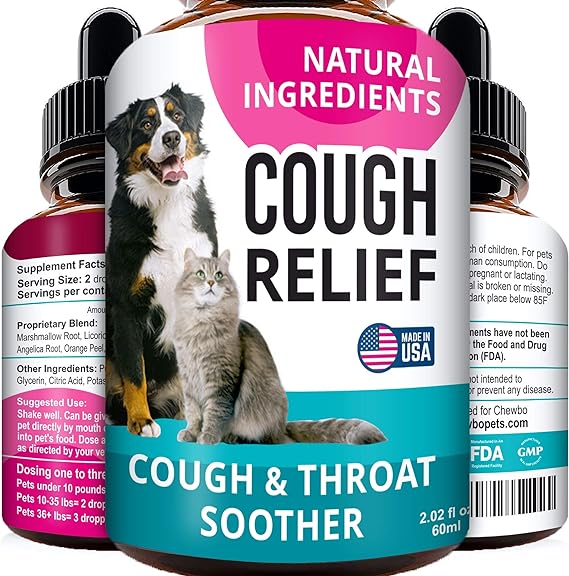
Kennel Cough Drops for Dogs and Cats

Nordic Naturals Omega-3 Fish Oil for Cats
"(Paid Links)" 
Respiratory Infections
Respiratory infections, caused by viruses or bacteria, are common in cats and can lead to coughing. Feline upper respiratory infections (URIs) are often triggered by viruses such as feline herpesvirus or caliciviral. These infections can cause a range of symptoms including coughing, sneezing, nasal discharge, and eye discharge. If your cat is showing signs of a URI, a visit to the vet is crucial for proper diagnosis and treatment.
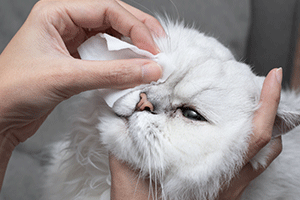
Asthma
Feline asthma is a chronic condition that can cause coughing in cats. This condition is characterized by inflammation and narrowing of the airways, which leads to difficulty breathing and coughing. Symptoms of asthma may include wheezing, coughing, and labored breathing. Asthma can be triggered by allergens such as dust, pollen, or cigarette smoke. Treatment often involves corticosteroids and bronchodilators to manage the symptoms and reduce inflammation.
Heartworm Disease
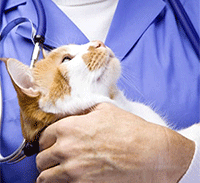
Although less common in cats than in dogs, heartworm disease can cause coughing. This parasitic infection is transmitted through mosquito bites and can lead to severe respiratory issues as the worms live in the heart and pulmonary arteries. Symptoms in cats may include coughing, lethargy, and difficulty breathing. Diagnosis usually requires blood tests and imaging, and treatment is managed by a veterinarian.
Foreign Bodies
Cats are curious creatures and may occasionally inhale or ingest foreign objects that can become lodged in their airways. This can cause irritation and coughing as the body attempts to expel the foreign material. If your cat has suddenly started coughing and you suspect they may have swallowed something they shouldn’t have, an immediate veterinary visit is essential.
Allergies
Just like humans, cats can suffer from allergies that affect their respiratory system. Common allergens include pollen, mold, dust mites, and certain foods. Allergic reactions can lead to coughing, sneezing, and itching. Identifying and minimizing exposure to allergens is key to managing allergy-related coughing in cats. Your vet might recommend antihistamines or other treatments to alleviate symptoms.
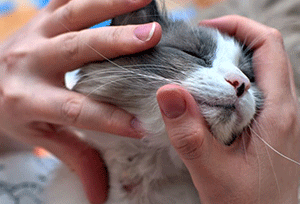
Chronic Bronchitis
Chronic bronchitis in cats is a condition characterized by persistent inflammation of the bronchial tubes. This can lead to coughing, wheezing, and difficulty breathing. The exact cause of chronic bronchitis is often unknown, but it may be related to environmental irritants or previous respiratory infections. Management typically involves medications to reduce inflammation and control coughing.
Lung Disease
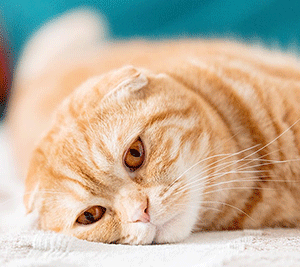
More serious conditions, such as pneumonia or tumors, can also cause coughing in cats. These conditions might be accompanied by other symptoms like fever, lethargy, or weight loss. Diagnosing these issues often requires diagnostic imaging, such as X-rays or ultrasounds, and treatment will vary based on the specific condition.
Conclusion
Coughing in cats can be caused by various conditions, from minor irritations to serious health issues. Observing your cat’s overall health and behavior is essential, and a veterinarian should evaluate any persistent or severe coughing. Early diagnosis and treatment can significantly affect your cat’s health and ensure their well-being.
